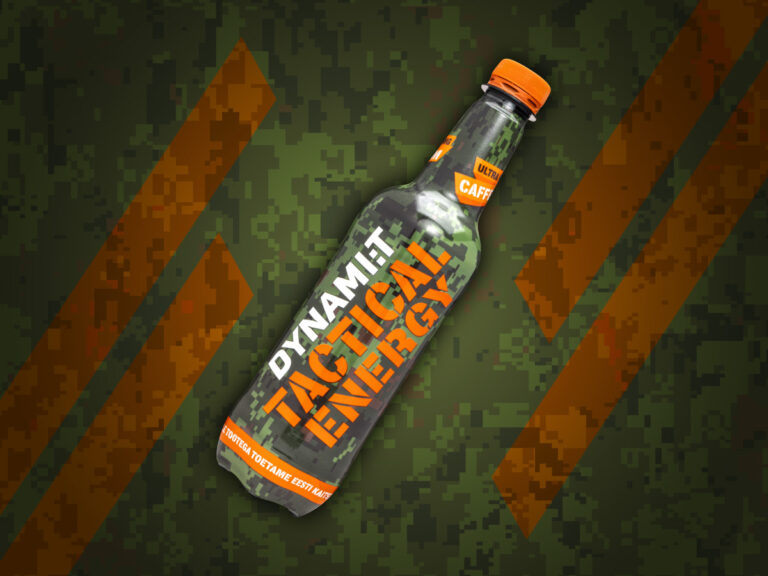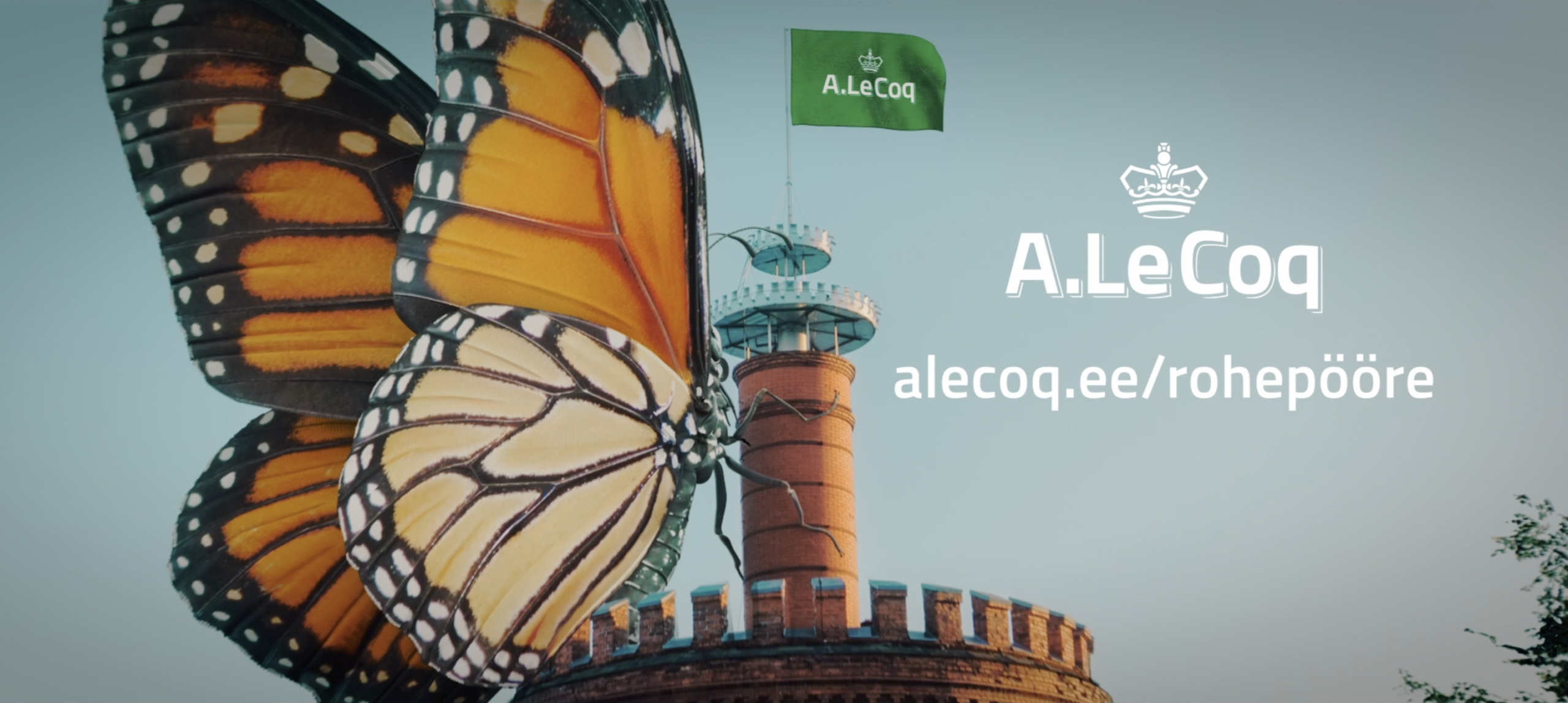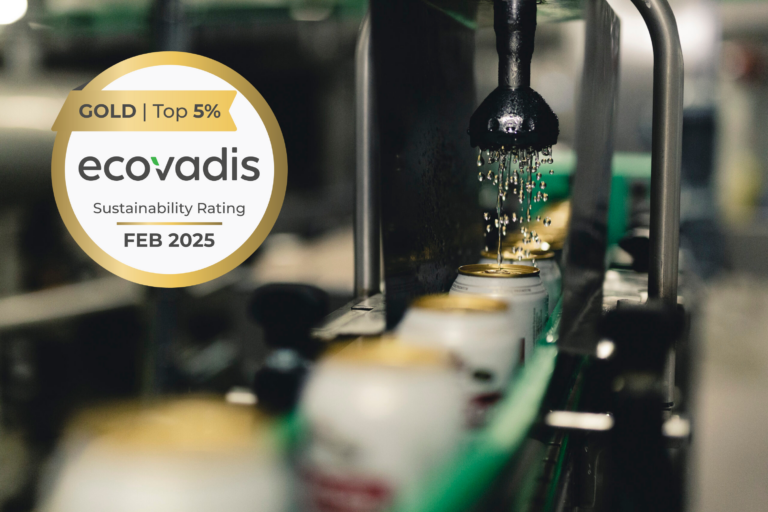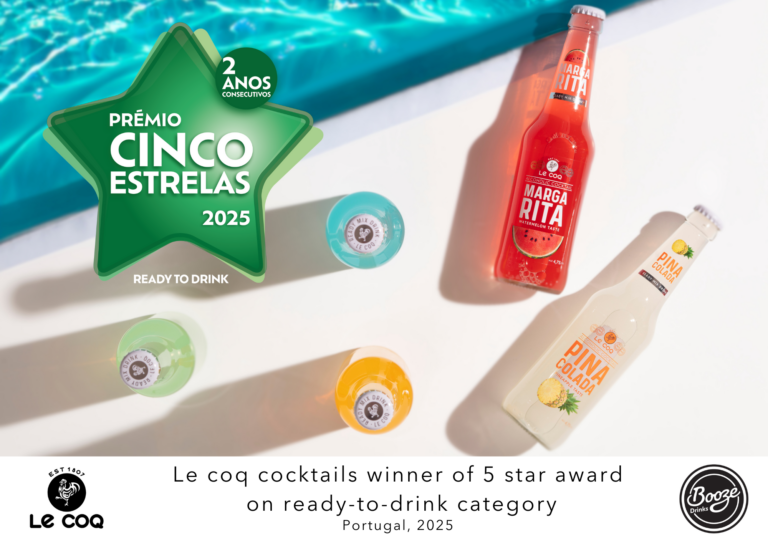

Sustainability in A. Le Coq: the company is investing over 5 million euros in environmentally friendly activities
Latest news

The largest beverage producer in Estonia, A. Le Coq, presented today its investments and first steps towards a cleaner and better environment. The focus is on reducing CO2 footprint, limiting the use of non-renewable resources, contributing to a cleaner nature, increasing material recycling, and taking even greater responsibility for human health and well-being. The company will invest over 5 million euros in environmentally supportive activities this year and next, including 1.22 million euros from European Union funding.
Tarmo Noop, the CEO of A. Le Coq, stated that the company is entering a new era that places a significantly greater emphasis on environmental issues and the company’s overall footprint. With the activities initiated last year, they pledge to leave a better place for future generations to live. “The environmental problems surrounding us are no longer just cross-border concerns. We all must take responsibility for a cleaner and better future by taking steps that lead us towards this goal,” said Noop. Major producers play a particularly important role in implementing changes as their actions determine the ultimate outcome. “While large producers have a larger footprint, they also have a significantly greater positive impact on the environment and changing consumption habits compared to small producers,” added Noop.
A. Le Coq has already taken many specific environmentally-friendly steps, focusing on five major aspects in the first stage. “The most important investments involve the launch of a solar park and the construction of a unique biogas and wastewater treatment plant, which will significantly reduce the company’s CO2 footprint. In addition, since the beginning of 2020, we consume only 100% green electricity in the factory. We are also greatly reducing the use of primary plastic and introducing water bottles made entirely of 100% recycled plastic, as well as replacing the plastic film in all beer multipacks with biodegradable cardboard. The unused film accumulated in a year could cover the distance from Tartu to Paris,” described Noop as the most significant investments. Special emphasis is also placed on the content of the products, with each product development guided by the principle of making it healthier: less sugar and additives, and more naturalness, functionality, and vitamins.
According to Noop, it is crucial to talk about such steps and activities to make a change towards environmental improvement in society. “We have taken this step and now also the responsibility to do something. We hope to inspire others and show that making the world greener is possible and not excessively complicated. I’m not claiming that we have achieved the ideal balance with our actions, but we are certainly on this journey. We believe that society needs great effort from companies in environmental matters, and we hope that this will prompt many producers to act in this direction, and perhaps even better than us,” Noop added.
A. Le Coq is contributing to a cleaner and better future through five important actions:
Reducing CO2 footprint:
- Since the beginning of 2020, A. Le Coq has been using 100% green electricity.
- The company invested in a special device that redirects flue gas energy from the boiler house to heat production facilities, thereby reducing the consumption of fossil fuel-based energy (natural gas).
- By 2022, a unique biogas plant will be established in the factory, reducing natural gas consumption by nearly a fifth.
- In early 2021, a solar park was installed at A. Le Coq’s logistics center, covering about half of the center’s electricity consumption during the summer months.
- The company has implemented a unique Energy Track energy system and ISO 50001 energy label, resulting in significant energy savings.
Reducing the use of non-renewable resources:
- A. Le Coq is the first in Estonia to introduce water bottles made entirely from 100% recycled plastic.
- The plastic film in beer multipacks is being replaced with biodegradable cardboard. The annual amount of unused film could cover the distance from Tartu to Paris.
Contributing to a cleaner nature:
- Increasing the share of reusable packaging, particularly glass containers, to up to 93%.
- The cardboard used has FSC (Forest Stewardship Council) certification, and plastic drinking straws are being replaced with paper alternatives.
- Along with the biogas plant, a water treatment plant will be established, returning 80% cleaner water to the city.
Recycling material and improvement in circular economy:
- All by-products of beer production, such as spent grain and yeast, are given a new life as bioenergy or feed.
- Over 106 million plastic, aluminum, glass, and cardboard packages are recycled each year.
Taking even greater responsibility for human health and well-being:
- By 2025, the added sugar content in products will be reduced by 15%.
- Each product is developed with the principle of making it healthier: functionality, vitamins, minerals, and naturalness.
- Individual jar products will have a foil seal to protect their purity.
- The goal is to increase the share of non-alcoholic beverages to over 50% by 2023 and double the sales of non-alcoholic drinks within the alcoholic category compared to 2020.
More details about A. Le Coq’s environmental program can be found here.

